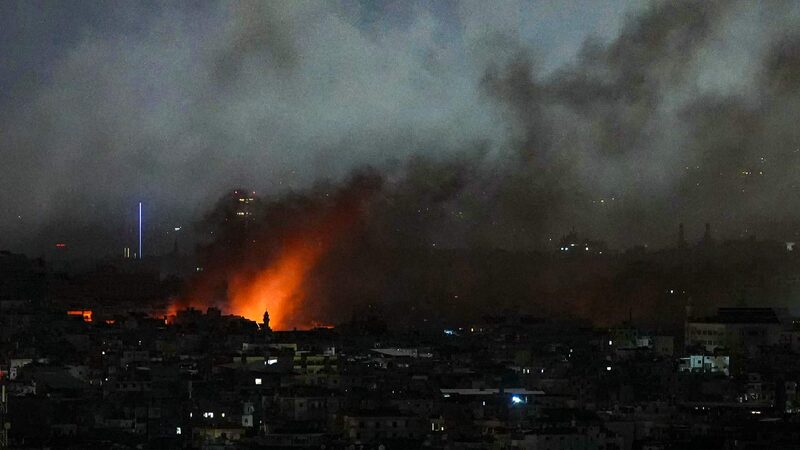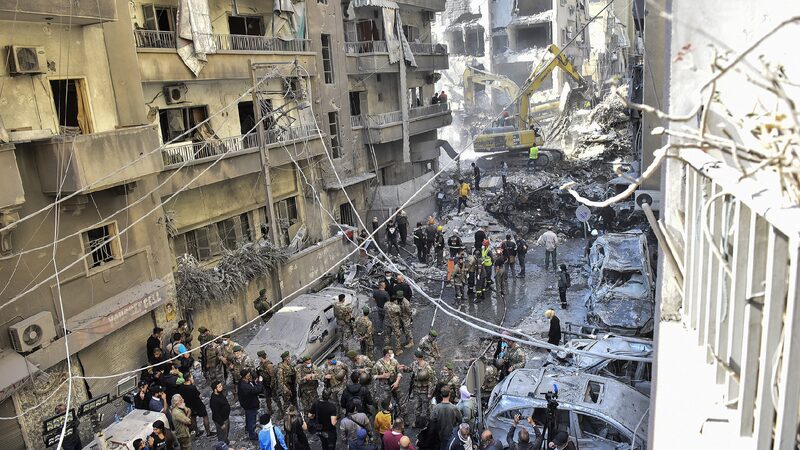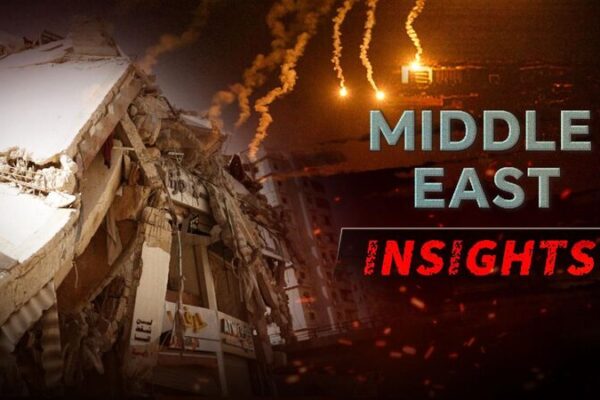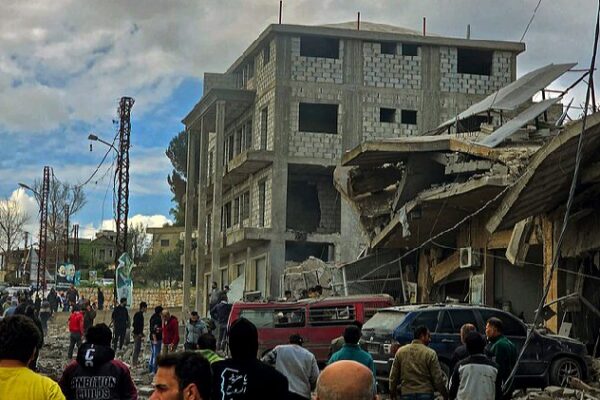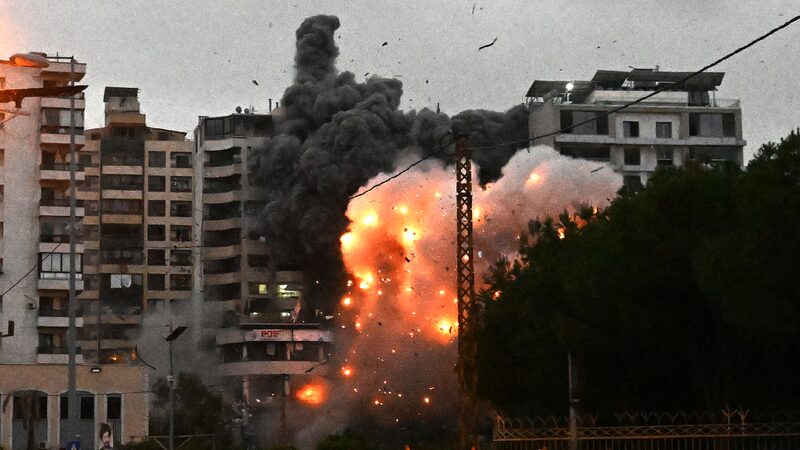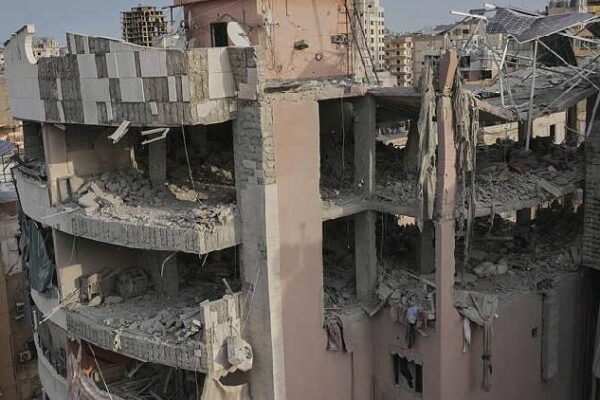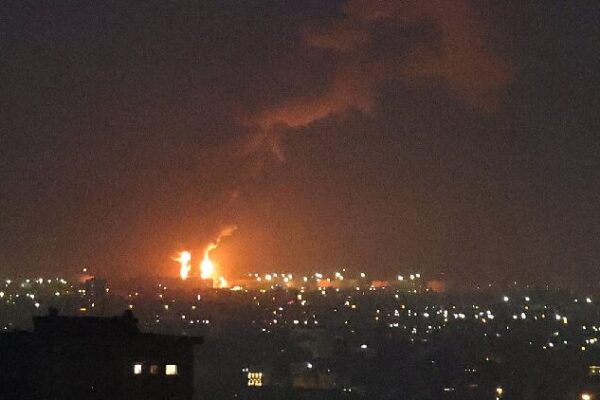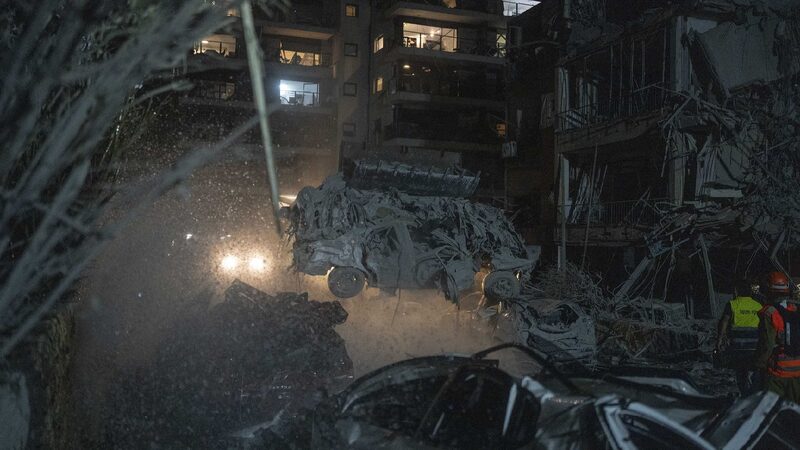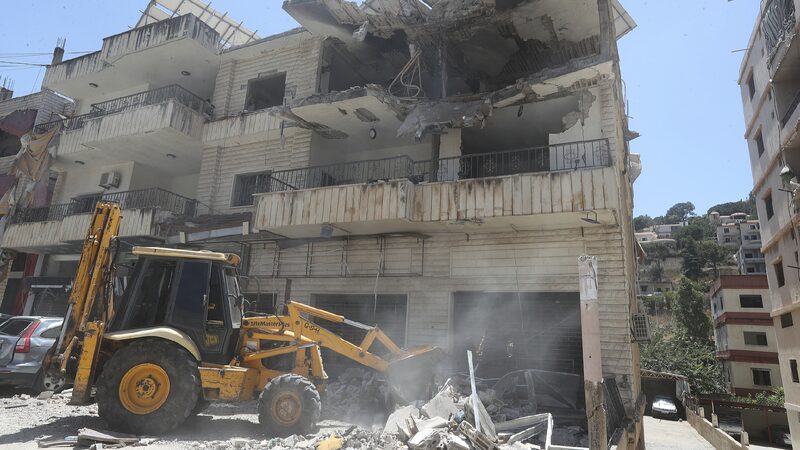Hezbollah Rockets Hit Near Tel Aviv After Deadly Israeli Airstrike in Beirut
The longstanding tension between Israel and Lebanon’s Hezbollah escalated dramatically over the weekend, with rockets striking near Tel Aviv following a devastating Israeli airstrike in Beirut that killed at least 29 people.
Hezbollah Retaliates with Rocket Barrages
On Sunday, Hezbollah fired heavy rocket barrages into Israel, targeting areas near Tel Aviv. Israeli authorities reported that houses were destroyed or set ablaze in the vicinity of the city. Police confirmed multiple impact sites in Petah Tikvah, east of Tel Aviv, with several civilians sustaining minor injuries.
Hezbollah stated it had launched precision missiles at two military sites in and around Tel Aviv, fulfilling a promise to retaliate against attacks on Beirut. The Israel Defense Forces (IDF) reported that over 250 rockets were fired by Hezbollah, many of which were intercepted. Sirens sounded across much of Israel, signaling the widespread reach of the attacks.
“The direct hit on a neighborhood has left houses in flames and ruins,” the IDF said in a statement. Television footage showed significant damage to residential buildings, and at least four people were injured by shrapnel.
Israeli Airstrikes Intensify in Beirut
The rocket attacks followed a powerful Israeli airstrike on Beirut on Saturday, one of the deadliest in recent times. The Lebanese health ministry raised the death toll to 29, adding to the significant casualties since the conflict’s escalation in October 2023.
Israel targeted Hezbollah-controlled southern suburbs of Beirut, including strikes on 12 command centers in the Dahiyeh district. The IDF claimed these centers were “deliberately embedded between civilian buildings,” highlighting the complexities of urban warfare.
The Israeli military warned of further operations against Hezbollah facilities in southern Beirut, urging civilians to distance themselves from Hezbollah sites.
Diplomatic Efforts and Ceasefire Talks
The surge in violence comes amid ongoing U.S.-led efforts to broker a ceasefire. U.S. mediator Amos Hochstein visited both Beirut and Jerusalem, indicating progress in negotiations. European Union foreign policy chief Josep Borrell, during his visit to Beirut, stated that a U.S. ceasefire proposal awaits Israel’s final approval.
“We must pressure the Israeli government and maintain the pressure on Hezbollah to accept the U.S. proposal for a ceasefire,” Borrell said after meeting with Lebanese officials.
Reports suggest mixed signals from Israel regarding the ceasefire agreement. While some sources indicate movement towards an agreement, others highlight unresolved issues preventing a definitive approval.
Diplomacy is focused on reinstating a ceasefire based on U.N. Security Council Resolution 1701, which ended the 2006 conflict between Hezbollah and Israel. The resolution calls for Hezbollah to withdraw fighters from areas close to the Israeli border and for the Lebanese army to take over security in a designated buffer zone.
Humanitarian Impact and Regional Stability
The ongoing conflict has had a severe humanitarian impact, with over 1 million people displaced within Lebanon. Israel maintains that its offensive aims to stop Hezbollah’s rocket attacks and ensure security along its northern border.
The Lebanese army reported casualties among its ranks, with at least one soldier killed and 18 injured in an Israeli strike near the southern city of Tyre. The Israeli military expressed regret over the incident, stating that its operations target Hezbollah, not the Lebanese army.
Lebanon’s caretaker Prime Minister, Najib Mikati, condemned the attack, declaring it a setback to ceasefire efforts and the implementation of U.N. resolutions.
The European Union has offered support, pledging €200 million ($208 million) to bolster the Lebanese army amid the crisis.
As international mediators work tirelessly to de-escalate the situation, the region watches closely, hoping for a return to peace and stability.
Reference(s):
Hezbollah rockets land near Tel Aviv after Israeli strike on Beirut
cgtn.com
